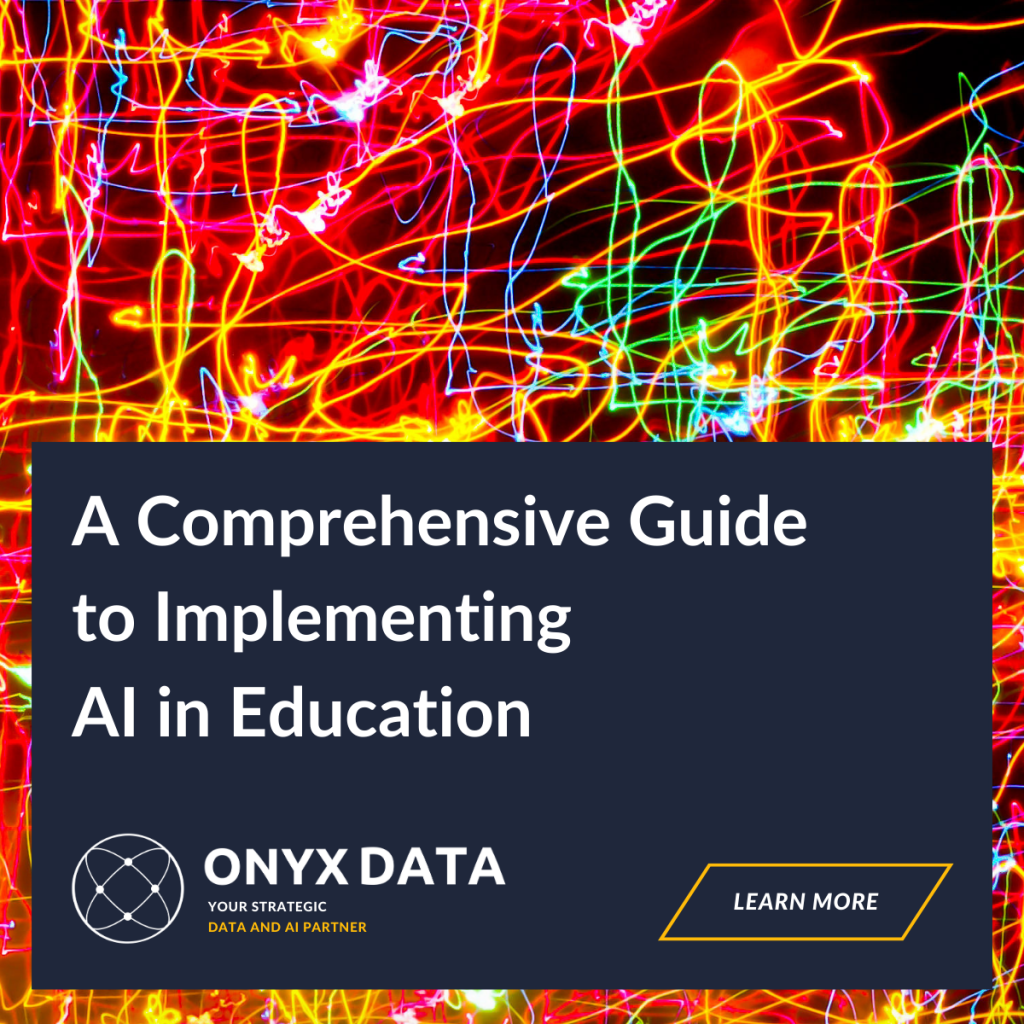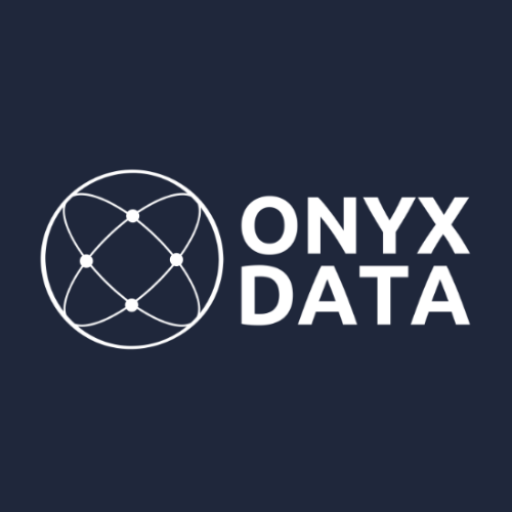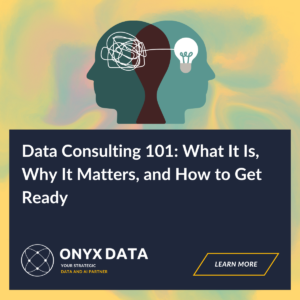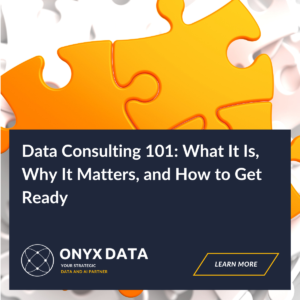A Comprehensive Guide to Implementing AI in Education

A Comprehensive Guide to Implementing AI in Education

Today, the use of AI in education is changing how teachers teach and students learn. This guide to AI in schools helps educators understand how to use artificial intelligence. It offers benefits like personalised learning and easier admin tasks, but there are challenges in using AI too. We will look at key parts of AI in education, its benefits, and the issues schools may encounter. Also, we will talk about future trends that are shaping this shift in education, and address ethical questions to ensure fairness in these AI practices. If you are interested in AI, this guide will give you important info and steps to make good decisions for your school.
Understanding AI in Education
AI in education grows fast. K-12 schools are the main focus. It includes algorithms and machine learning. These help systems learn from data. They adapt easily to new data and complete tasks needing human thought. Different functions aid learning like data analysis and tailored learning spaces.
K-12 schools use AI in many ways. AI tutoring systems bring personalized learning. They tailor experiences based on each student’s learning speed and style. Quick feedback and assessments help too. They give real-time responses to student work, improving understanding and memory of the content. Tools like DreamBox change math challenges to match students’ skills. Carnegie Learning provides custom learning paths.
AI technology bring many perks, especially in personalized learning. About 60% of teachers say AI boost student involvement. It keeps pace with unique student needs. AI can look at large data sets to find weaknesses, changing learning modules for struggling learners automatically. This approach improves results for students and helps teachers see trends.
In short, AI in education isn’t just a tool. It changes how we learn. The technology helps teachers meet different student requirements. It gathers data to improve student engagement and learning success. In the next section, we will discuss how AI affects educational methods and helps students succeed.
Benefits of AI in Education
AI in education changes traditional learning. It helps create personalised experiences for students. AI tools can analyse data from every student. This data helps adjust content and teaching style. Such change helps students learn at their own speed. This is key for all learners.
AI enhances school administration. It can automate grading and scheduling. Teachers can then focus on teaching. This not only saves time. But gives teachers more opportunities to engage with students too. Administrative tasks take time. AI reduces this burden allowing better interaction.
AI in education improves student engagement. Tools that include gamification can make learning fun. They help keep students interested during classes. Personalised tech can adjust teaching based on how students do. This way, students feel challenged but not stressed, improving their learning experience.
Data insights from AI empower teachers. They get valuable information about how students perform. This way, teachers can find weaknesses. With such insights, they can improve their strategies too. AI turns large data into action, contributing to better educational outcomes.
As we explore more about AI in education, challenges exist. It will be important to look at how to overcome these problems soon.
Challenges in Implementing AI in Education
AI in education provides many benefits. But we face challenges with these technologies. A main issue is data privacy. Schools must ensure student data is safe and used well. About 70% of teachers worry about student data use. This concern’s important. Compliance with laws like GDPR makes integration more complex.
AI algorithms may contain biases. Many systems learn from past data, which can repeat old biases if not watched closely. This might result in unfair experiences for students, particularly those who are marginalised. This requires careful checking of AI tools to make sure they’re fair.
Teachers also need training to use AI in education. Many studies shows that only 40% of teachers feel prepared to use AI tools. Without training, teachers might not use technologies effectively, reducing potential benefits to students. More support for educators is crucial.
Access to technology is a big issue. Nearly 15% of students do not have good access to devices or internet. This gap limits their ability to take advantage of AI tools. As schools adopt AI solutions, schools must ensure all students can access resources to avoid worsening the digital divide.
In brief, while AI in education can transform learning, we must tackle data privacy, biases, teacher training, and access. As schools address these hurdles, they’re better equipped to implement AI solutions that improve educational results for every student.
Implementation Strategies for AI in Education
Schools must find ways to use AI in education effectively. It’s important to develop strong strategies that fit educational goals. The challenges to implementing AI technologies requires careful planning and consideration by all involved.
Aligning AI initiatives with educational goals is a primary strategy. When goals are clear, schools can benefit from AI tools that help improve student learning outcomes. School leaders should evaluate AI technologies based on how well they support educational objectives.
A clear framework for integrating AI technologies is very important. This framework should include steps like choosing tools, the process of integration, and how to assess results. Before adding new solutions, schools evaluate current technologies to prevent waste and allocate resources wisely.
Engaging in community dialogue proves to be a vital strategy. It is essential that parents, teachers, and local stakeholders join conversations about AI in education. This strategy helps build trust and support for AI initiatives. Community input can offer unique views on challenges faced by students and teachers.
To reap benefits from AI in schools, ongoing training for educators becomes necessary. Educators need proper knowledge to use AI in their teaching methods. Training should cover how AI tools work, understanding AI-generated data, and using insights to shape personalised learning plans for students.
Finally, piloting AI technologies helps schools assess how well they function in real classrooms. Small-scale programs collect important data on AI tool effectiveness before a larger rollout. Pilots show how AI influences student engagement and performance, guiding decisions on broader usage.
By applying these strategies, schools may effectively address the challenges of AI in education. Technological advancements are meant to improve learning outcomes. Laying solid groundwork now paves the way to explore future trends in AI in education, which promise further advancements and ways to innovate.
Future Trends of AI in Education
As we look into ai in education, emerging technologies can change the way we learn. These technologies include machine learning, natural language processing, and predictive analytics. They are now common in schools. Their aim is to create personalised learning experiences.
AI in education also connects with Virtual Reality (VR) and Augmented Reality (AR). This makes learning more fun and engaging for students. For example, AR lets students see graphics over real-world objects. This gives a learning experience that textbooks can’t. Innovations like these help different learning styles, improving student engagement and information retention.
Another growing trend is the development of AI-driven tutoring systems. These systems focus on the needs of each learner. They look at student performance and adjust lesson plans quickly. Studies show that using ai in this way leads to better academic results. Personalised feedback plays a big role in helping students learn.
As schools use ai in education, they improve analytics. Educators can learn more about how students behave and what they achieve. This data helps in making better choices about curriculum and teaching strategies.
The future of ai in education looks promising. It may solve problems of fairness in education. Making sure every student can access AI tools needs effort and dedication toward inclusiveness.
This exciting path leads us to talk about ethics and equity in ai in education. As we explore these topics, we need to discuss how schools can wisely use ai while ensuring all students can benefit.
Ethics and Equity in AI Education
AI in education brings great promise, yet it raises major ethical concerns. Addressing these issues is important to make sure AI benefits all learners in equal measures. Algorithms that are biased can repeat current inequalities and unfairly treat students by race, gender, or social status.
Schools must address these biases to develop AI systems that advocate inclusivity. It’s also vital to provide equal access to AI tools. Inequity in technology can worsen educational gaps. This means that some students miss out on learning with AI enhancements.
Creating clear policies for the ethical use of AI in education is crucial. This defines responsible use of AI, promoting transparency and accountability. Outlining ethical standards helps schools reduce risks linked to data privacy. It protects how student information gets used.
Involving diverse groups, like educators and parents for feedback, brings more ethical depth. Their views can uncover issues with implementing AI solutions. By ensuring varied perspectives, educational leaders can tailor AI systems to meet community needs and values.
As we look at AI in education’s future, recognising ethics and equity is key. This groundwork builds trust and ensures AI in education serves everyone well. Emphasising these aspects paves the way for effective support, making AI’s actual implementation in schools possible.
Support Services for AI in Education
Educational institutions integrate AI in their curricula and management. Support services play a vital role in this process. Consulting services offer guidance for schools facing the complexity of AI integration. These services can improve understanding and operational efficiency. They help schools to create tailored strategies for their unique contexts. Expert consultants assess current systems, recommend AI tools, and design implementation roadmaps that align with educational objectives.
Onyx Data focuses on helping schools build scalable data systems for effective AI in education. Robust data management solutions help schools streamline data collection, storage, and analysis. This solid foundation is key for maximising AI capabilities. Without it, the benefits of AI in education stay limited. Onyx Data prioritises technology, data quality, and governance. This ensures schools trust AI-generated insights and analytics.
Another important aspect is closing the AI skills gap among school staff. Onyx Data provides training programs for educators and administrators. These programs equip staff with the skills to use AI tools effectively. They concentrate on practical applications of AI in education. This assists staff in realising how to use technology for better teaching and learning outcomes. With trained personnel, schools can maximise the benefits of AI and nurture a fair educational environment.
Conclusion
The pathway to integrating AI in education brings several benefits. Personalised learning, smarter administration, and better engagement are just the start. We looked at AI technology’s current state, plus its advantages and the hurdles schools might hit. This includes ethical questions and equity matters.
While you think on this complete guide, we urge you to start using AI in education. This could mean launching pilot programs, seeking out support, or just keeping up with fresh trends. Every action is important for leveraging AI potential in education. Applying AI in a responsible way can change the classroom for the better.
With the correct methods, AI in education can change lives. The future offers great chances. Let’s welcome these shifts and partner to build a rich learning atmosphere for everyone.
About Onyx Data
Onyx Data is a specialised consulting service that focuses on advanced data analytics and AI integration, leveraging Microsoft technologies like Power BI and Microsoft Fabric to transform data into actionable insights.
Our mission is to empower businesses to enhance performance and decision-making capabilities through measurable outcomes; discover how we can help your organisation thrive by visiting onyxdata.co.uk.



